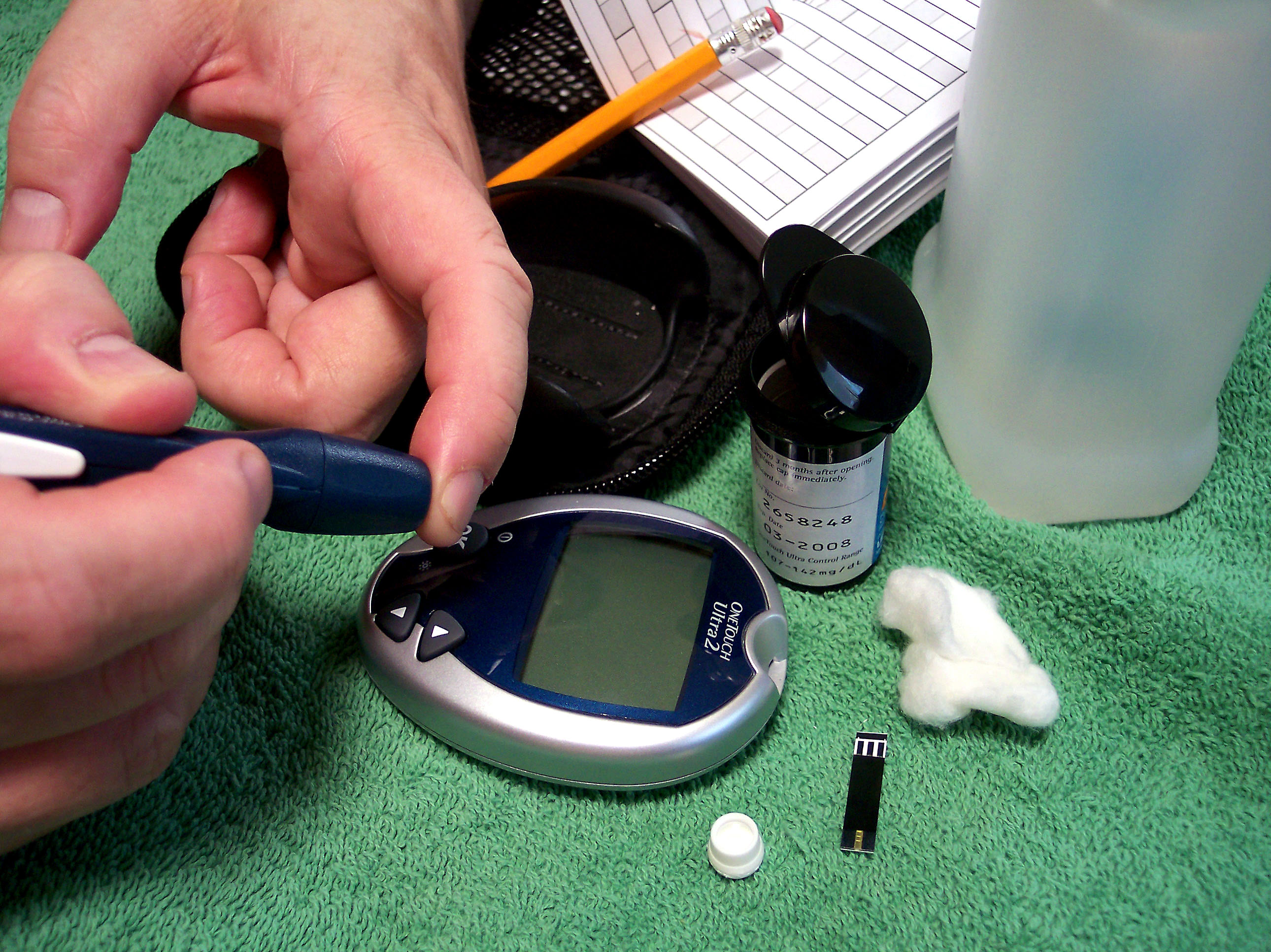
How Does Diabetes Affect Vision?
Diabetes in the U.S.
Diabetes has become a serious health issue in the United States. Most people know that the disease keeps the body from producing enough insulin to regulate the body’s blood sugar levels. Unfortunately, fewer people are aware of the impact that diabetic eye disease has on your eyes and overall eye health.
Along with other routine checkups, diabetic patients must have their eyes examined regularly. This typically means annual appointments. However, if persistent problems occur, more frequent visits may be required. Diabetics are 60% more likely to develop cataracts and 40% more likely to develop glaucoma. Both of these eye problems can cause vision complications or even blindness if not treated.
Diabetic Eye Disease
Diabetic eye disease includes a group of conditions that affect those with diabetes, including diabetic retinopathy, diabetic macular edema (DME), cataract and glaucoma.
Non- Proliferative Retinopathy
The most common form of retinopathy is non-proliferative. In this condition, the capillaries in the back of the eye are damaged from chronic high blood sugar associated with diabetes. Retinopathy develops in stages, and as the condition worsens, blood vessels swell and distort, blocking important blood supply to the retina.
Proliferative Retinopathy
The final stage of retinopathy is proliferative, which is far more serious and takes several years to develop. Proliferative retinopathy causes new blood vessels to form inside the retina and into the fluid that fills the eye. These new blood vessels are weaker and more likely to leak blood. This, along with scar tissue build-up, can cause the retina to pull away from the retinal wall resulting in retinal detachment. This condition can lead to permanent vision loss.
Diabetic Macular Edema (DME)
Diabetic macular edema refers to fluid build-up in a part of the retina called the macula. DME is the most common form of vision loss in people suffering from diabetic retinopathy. Fluid then leaks into the macula – the part of the eye where focusing occurs. When this part of the eye swells with fluid, vision gets blurry or can be lost altogether. Most people can be effectively treated for this condition.
Diabetes can have serious consequences for your eyes if not kept in check. Following your doctor’s orders about diet, exercise and medication is one of the best ways to keep your blood sugar under control and protect your eyes. Diabetics should be diligent about getting eye exams regularly. If you suffer from diabetes and it’s been a while since your last eye exam, call your closest America’s Best optometrist to schedule your appointment today. Your eye health is too important to wait!
